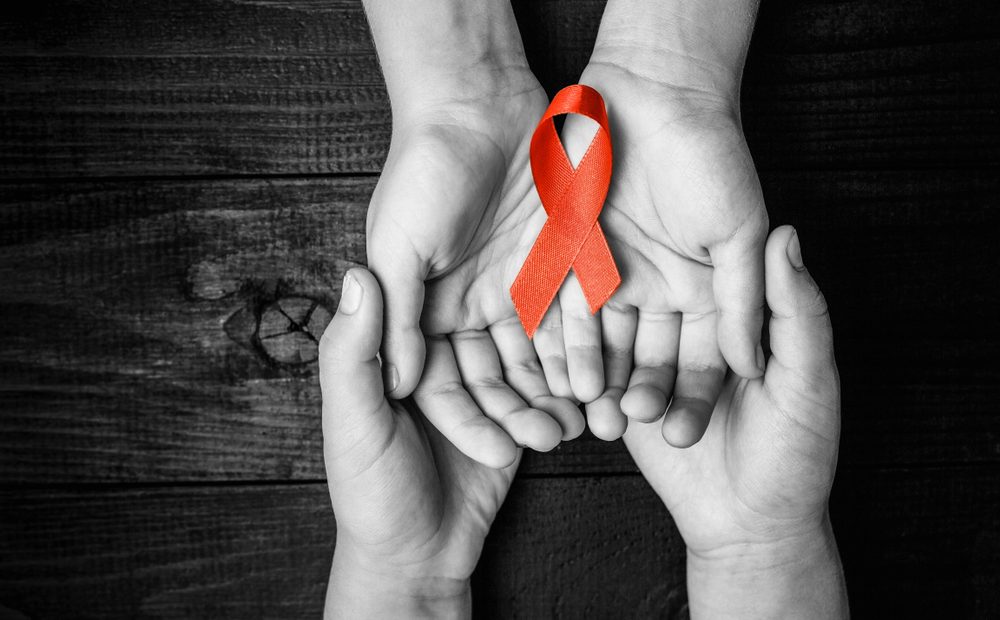A new experimental HIV vaccine has shown some promise in very early-stage trials. The new trials were run in partnership between Scripps Research and the International AIDS Vaccine Initiative. The potential vaccine works by stimulating extremely rare immune cells in the body, which can help target the notoriously elusive HIV virus within the human body.
Because of the way HIV is structured, and the way it can mutate, it’s been infamously difficult to try and make a vaccine to prevent it. However, this new experimental treatment (though only tested on less than 50 people) has shown a 97% success rate. This has been stunning news and has confirmed that the potential vaccine can move forward for further trials.
Moderna, one of the makers of the COVID-19 mRNA vaccine, is also joining the team, and will be tasked with creating a potential mRNA version of the HIV vaccine. The mRNA vaccine (which the current Moderna and Pfizer COVID-19 vaccines are) works differently from a traditional vaccine. Rather than injecting a diluted or deactivated viral load into the body, the mRNA vaccines teach the body how to fight off the infection by learning the shape of the virus itself. This could be excellent news for upcoming vaccines, putting the world closer than ever before to having new weapon in the fight against HIV/AIDS.
Researchers are also looking into revolutionary cancer treatments that could now be created thanks to the mRNA work that’s been done to fight the COVID-19 pandemic. Currently, an mRNA medication for reoccurring cancer in patients is in phase 2 trials and has shown promising results.


